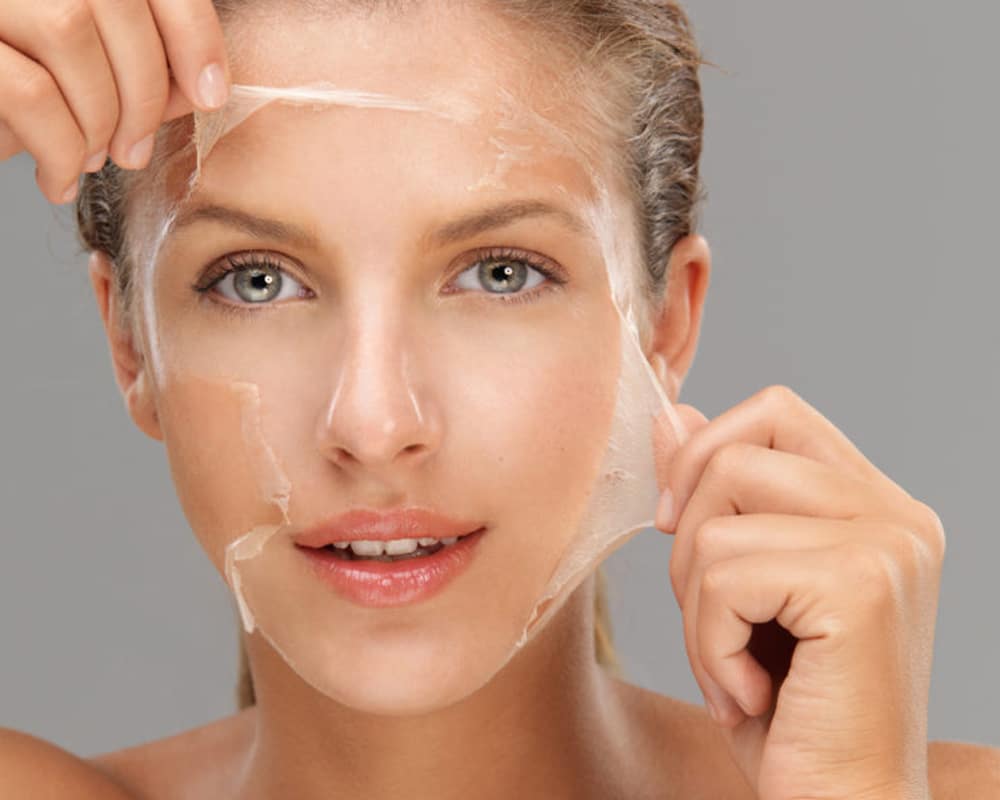How to Take Care of Body Acne: Tips for Beauticians
When it comes to addressing skin concerns, one condition that often gets overlooked is body acne. Many individuals are diligent about treating facial acne but neglect to extend their skincare routine to the rest of their body. In this guide, we will delve deeply into how to take care of body acne, providing beauticians with effective strategies and knowledge to assist their clients in achieving clearer skin.
Body acne can manifest on various parts of the body, including the back, shoulders, chest, and even the arms. It can be equally frustrating and embarrassing as facial acne, leading many to seek solutions. Understanding body acne's causes and effective treatments will empower beauticians to provide better care and advice.

Understanding Body Acne
Before we dive into treatment methods, it's crucial to understand what causes body acne. Body acne, primarily caused by excess oil production, clogged pores, and bacterial growth, can also stem from hormonal changes, inappropriate clothing, and poor hygiene practices. Other contributing factors include:
- Genetics: A family history of acne can increase susceptibility.
- Diet: High-glycemic foods and dairy have been linked to acne.
- Stress: Increased stress levels can trigger hormonal changes that worsen acne.
- Skincare Products: Using heavy or comedogenic products can lead to breakouts.
Common Treatments for Body Acne
As a beautician, it is essential to recommend practical and effective treatments for body acne. Here are several approaches that can make a significant difference:
1. **Topical Treatments**
Topical treatments should be the first line of defense. Products containing ingredients like salicylic acid, benzoyl peroxide, or alpha hydroxy acids can effectively reduce the size and severity of the acne. Beauticians should advise clients to:
- Apply a benzoyl peroxide wash to the affected areas, especially after sweating or intense exercise.
- Utilize a salicylic acid lotion or body spray for continuous use to help prevent new breakouts.
- Encourage clients to exfoliate regularly but gently, aiming for 2-3 times a week.
2. **Lifestyle Changes**
Beyond topical treatments, certain lifestyle changes can significantly impact the reduction of body acne:
- Choosing Breathable Fabrics: Tight clothing can trap sweat and bacteria, so recommend loose-fitting, breathable materials.
- Maintaining Regular Hygienic Practices: Encourage clients to shower after workouts, using a gentle shower gel that doesn't irritate the skin.
- Staying Hydrated: Water consumption is vital for skin health and aids in detoxifying the body.
3. **Diet and Nutrition**
A healthy diet can have a profound effect on acne. Beauticians should provide dietary suggestions such as:
- Encouraging low-glycemic foods like whole grains, vegetables, and lean proteins.
- Recommending a reduction of dairy intake, as some studies suggest dairy can exacerbate acne.
- Including foods rich in omega-3 fatty acids, antioxidants, and zinc.
Skincare Routines for Body Acne
Encouraging clients to develop a consistent skincare routine is vital. Heres a recommended regimen:
- Cleansing: Use a gentle but effective cleanser that contains acne-fighting ingredients.
- Exfoliating: Exfoliate 2-3 times weekly, focusing on areas prone to breakouts.
- Moisturizing: Even those with acne-prone skin need hydration, so recommend a non-comedogenic moisturizer.
- Spot Treatment: Highlight the importance of targeted spot treatments for active breakouts.
Additional Therapies for Persistent Body Acne
Some clients may experience persistent body acne even after following the above steps. In such cases, more specialized treatments are warranted:
- Chemical Peels: These can help rejuvenate the skin and reduce the appearance of acne scars.
- Laser Treatments: For clients with significant scarring or severe acne, laser treatment may be necessary.
- Medication: In resistant cases, dermatologists may prescribe systemic medications, including antibiotics or isotretinoin.
Preventing Body Acne in Clients
Prevention is always better than cure. Here are methods to help prevent body acne from occurring:
- Regular Showering: Especially after sweating or exercising, to cleanse the skin.
- Choosing the Right Products: Promote non-comedogenic skincare and body products.
- Avoiding Heavy Fragrances: Strong fragrances can irritate the skin and trigger breakouts in sensitive individuals.
When to Refer to a Dermatologist
If body acne does not respond to conventional treatments, it is essential to advise clients to seek assistance from a dermatologist. They can perform a thorough evaluation, confirm the diagnosis, and recommend advanced therapies tailored to the client's skin type.

Frequently Asked Questions
-
What causes body acne?
Body acne can result from various factors including hormonal changes, excessive oil production, bacteria, and external irritants from tight clothing. -
How long does it take to see results?
Clients may begin to see improvement within a few weeks when using appropriate treatments consistently, but patience is essential. -
Can diet help reduce body acne?
Yes, maintaining a balanced diet that limits high-glycemic foods can contribute to clearer skin.
In conclusion, learning how to take care of body acne is crucial for beauticians aiming to enhance their services and client satisfaction. With the right knowledge and tools, you can guide your clients towards clearer skin and greater confidence.
For more in-depth treatment insights, consider checking out this article on body acne solutions.

